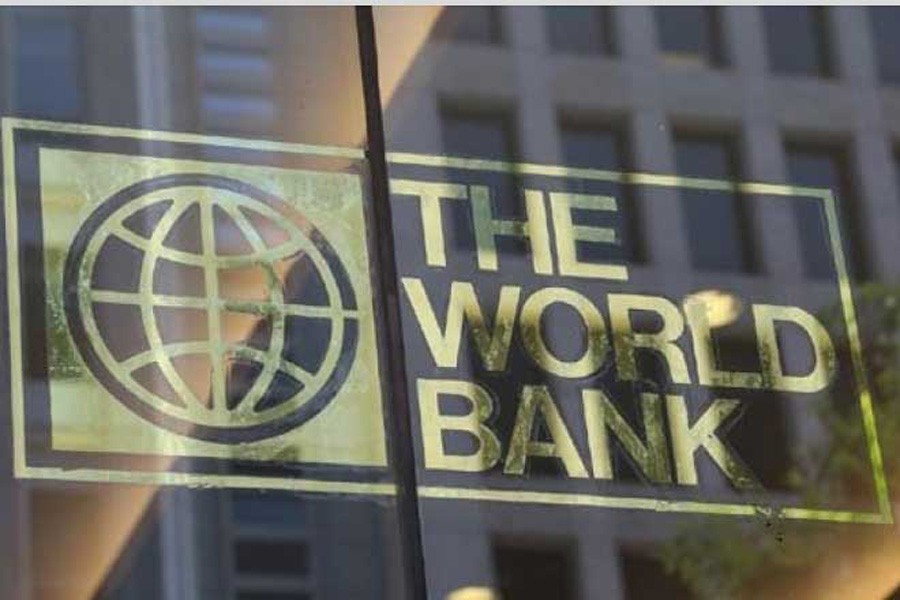The World Bank has successfully built a coalition to effectively advance its 'Maximising Finance for Development' (MFD) agenda. The October 2018 G20 Eminent Persons Group's (EPG) report includes proposals to better coordinate various international financial institutions (IFIs) in promoting financialisation.
MDB MIDWIVES OF FINANCIALISATION: The MFD approach wants multilateral development banks (MDBs) to actively re-shape developing countries' financial systems to better 'complement' global finance. MDBs have already urged developing countries to encourage local institutional investors by redesigning pension systems along lines inspired by US private pensions. Thus, MDBs have been:
- influencing what projects are deemed 'bankable', probably prioritising large infrastructure over smaller projects.
- enabling securitisation to transform bankable projects into tradable securities, generating more revenues and strengthening global finance.
- persuading developing country governments to finance subsidies and other 'de-risking' measures designed by MDBs to guarantee private financial profits.
- determining how developing countries supply securities preferred by transnational banks and institutional investors.
- G20 FINANCIALISATION PROPOSALS: The main G20 EPG proposals for collaboration to promote financialisation include:
- IFIs working together to increase the supply of bankable projects and to share data and information to support infrastructure data platforms needed to securitise MDB loans.
- IFIs should provide risk insurance to increase the number of bankable projects stuck due to high political risk. This requires government guarantees against 'political risks' to be more attractive to re-insurers.
As securitisation of MDB loans involves tradable assets with different credit ratings for investors with diverse 'risk appetites', MDBs are being urged to securitise both private and sovereign loans, and to retain stakes in junior tranches to induce private investments.
MDBS NO LONGER DEVELOPMENT BANKS? While MDBs should follow recent advice for issuers to remain stakeholders by retaining shares of securitised tranches on their balance sheets, the implications are quite different when MDBs, and not private banks, securitise loans.
As originators, MDBs may politically pressure low- and middle-income country governments to provide de-risking instruments, including guaranteed income from securitised public-private partnership (PPP) infrastructure projects.
World Bank Guidance on PPP Contractual Provisions can burden states and citizens more than any trade or investment agreement or international law. States take on inordinate risk while its right to regulate in the public interest is fettered.
NEW WASHINGTON CONSENSUS? The Washington-based Center for Global Development (CGD) has similarly discouraged borrowing in its paper for the G20 EPG, 'More mobilising, less lending'. Instead, it proposes augmenting MDB private sector windows with special purpose vehicles (SPVs).
The CDG also calls on MDBs to use sovereign lending to promote reforms to make projects financially viable and to help finance the public share of PPPs. Hence, MDBs are pressuring governments to support the MFD with their own fiscal resources.
The recommendations will also make it more difficult to manage systemic vulnerabilities arising from the envisaged securities, repo and derivative markets to be officially promoted.
Various options promoted by the CDG thus involve high risk, high leverage, financialised investors as partners in international development, exposing the MDBs themselves to the vulnerabilities of the MFD approach.
CHECKS AND BALANCES? The tendency towards concentration in asset management (with economies of scale and scope) is likely to result in US-based asset managers allocating finance globally using considerable institutional investments from developing countries.
The G20 EPG is not unaware that its proposal - to transform developing country financial systems to contribute to the global supply of securities - involves significant systemic risks. Nevertheless, it claims to be seeking to secure the benefits of open financial markets while mitigating systemic vulnerabilities.
Thus, it has called on the IMF (International Monetary Fund) to: develop and manage a framework for managing volatile capital flows; create a resilient global 'safety net' that can effectively mobilise resources to address financial fragilities; and integrate financial surveillance with an effective early warning system.
However, the EPG paper does not make the shift to securitisation conditional on mitigating systemic risks. As its proposed safeguards are largely unrealisable or ineffective, its financial instability concerns do not mean much.
Although recognising the dangers and vulnerabilities involved at both national and international levels, including the loss of effective sovereign control over financing conditions, the IMF supports the EPG proposals.
Despite the experience of recent financial crises, the IMF continues to preach that freely floating exchange rates can effectively buffer capital flow volatility, while capital controls should only be used after exhausting all monetary and fiscal policy instruments.
—Inter Press Service


